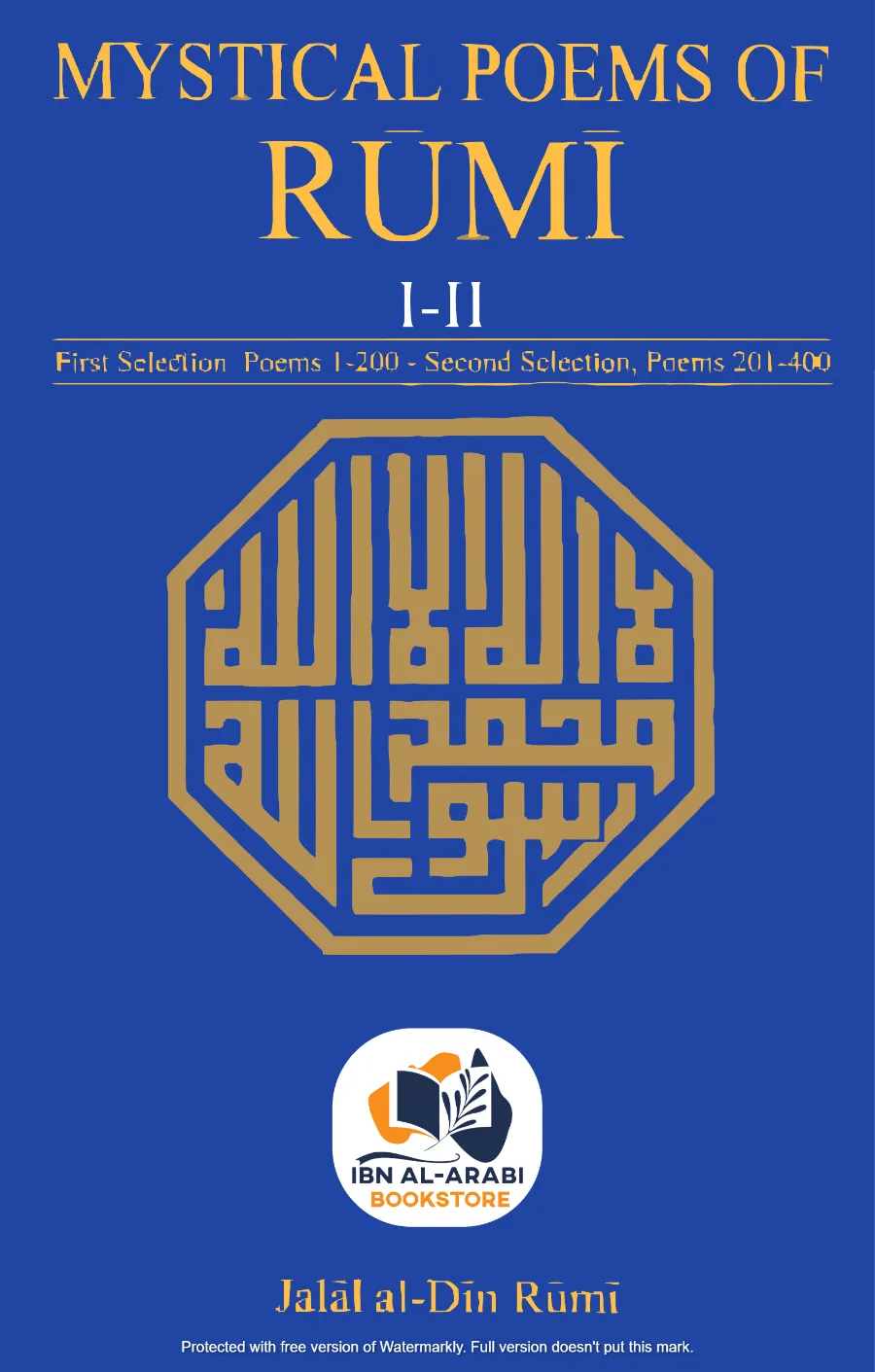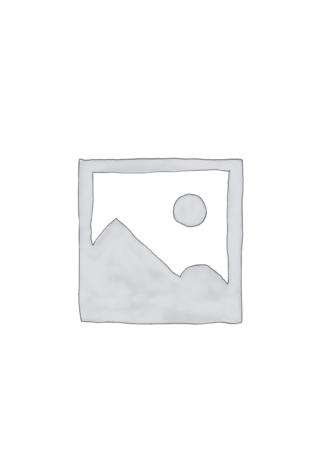- Your cart is empty
- Continue Shopping
Mystical Poems of Rumi | A J. Arberry
Featured₨ 1,350
Availability: 1 in stock
Review
“A valuable book for any collection of world literature, but especially of Persioanand Middle Eastern literature.”About the AuthorJalal al-Din Rumi(1207–73), legendary Persian Muslim poet, theologian, and mystic, wrote more than three thousand lyrics and odes.A. J. Arberry(1905-69) was professor of Arabic at Cambridge University.Ehsan Yarshateris the Hagop Kevorkian Professor Emeritus of Iranian Studies and director of the Center for Iranian Studies at Columbia University.
My verse resembles the bread of Egypt—night passes over it, and you cannot eat it any more.
Devour it the moment it is fresh, before the dust settles upon it.
Its place is the warm climate of the heart; in this world it dies of cold.
Like a fish it quivered for an instant on dry land, another moment and you see it is cold.
Even if you eat it imagining it is fresh, it is necessary to conjure up many images.
What you drink is really your own imagination; it is no old tale, my good man.
Jalal al-Din Rumi (1207–73), legendary Persian Muslim poet, theologian, and mystic, wrote poems acclaimed through the centuries for their powerful spiritual images and provocative content, which often described Rumi’s love for God in romantic terms. His vast body of work includes more than three thousand lyrics and odes. This volume includes four hundred poems selected by renowned Rumi scholar A. J. Arberry, who provides here one of the most comprehensive and adept English translations of this enigmatic genius. Mystical Poems is the definitive resource for anyone seeking an introduction to or an enriched understanding of one of the world’s greatest poets.
Author
“Rumi is one of the world’s greatest lyrical poets in any language—as well as probably the most accessible and approachable representative of Islamic civilization for Western students.”—James W. Morris, Oberlin College
A. J. Arberry
A J. Arberry (1905-1969) was born at Buckland, Portsmouth and educated at the Pembroke College, Cambridge. He took a first in both parts of the Oriental Language Tripos in 1929 and was elected as the Junior Research Fellow by his College. During the period of 1932-1944 he worked, first as the head of the Classics Department of the Cairo University and then as the Assistant Librarian of the India Office, London. In 1944, he was appointed to the chair of Persian at the London University. In 1946, he became Professor of Arabic and Head of the Near and Middle East Department and in the following year he returned to Pembroke as Sir Thomas Adam’s Professor of Arabic, a post which he held for the remainder of his life.
A profound and inspiring teacher, he was also an immensely prolific and versatile writer, publishing over sixty works on a wide range of topics in Arabic and Persian studies as well on the facets of Islamic languages and civilization. His translation of the Qur’ān is regarded among the best to be produced in the English language.
You must be logged in to post a review.











Reviews
There are no reviews yet.